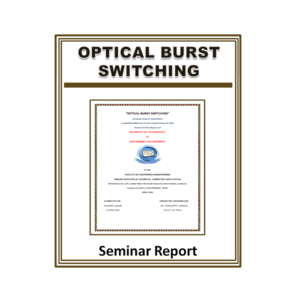Description
Name of Notes : – Basic Electrical Technology Lecture Note
Introduction
Basic Electrical Technology is the most common subject and heart core subject to electrical engineers.
Our life would be unthinkable without the use of electrical energy. The growing utilization of the latter is a decisive prerequisite for the rapid development of industry and agriculture.
A few examples will show the importance of electrical energy. Thus, electrical lighting is indispensable for working during the dark hours of the day. With increasing industrialization, a growing proportion of electrical energy is used for the lighting of shops, offices, dwellings and for outdoor lighting. Man is relieved from heavy physical labor by the use of electrical devices. The drive of machines, hoisting gear and lifts is enabled in a simple form by the electromotor which in railway transport also has the advantage over internal combustion engines. There are many buildings where an air-conditioning system including heating, cooling, and ventilation is installed for the operation of which electrical energy is required. At higher ambient temperatures, foodstuffs can only be kept for a prolonged period of time in refrigerators or cold-storage rooms which usually are also operated with electrical energy.
Without electrical energy, there would be no broadcasting and television systems, no telephone communication or telegraphy. In order to arrange automatic sequences of operation in production, devices of control a regulation engineering are required which, today, are driven almost exclusively by electrical energy. Table 1.1. shows a survey of the two large fields of electrical engineering, power electrical engineering, and information electrical engineering.
The consumption of electrical energy by the various branches of the economy is quite different. The chemical industry and metallurgy have a particularly high consumption. For the production of the electrical conductor materials electrolytic copper and aluminum, very large amounts of electrical energy are required.
Modules / Lectures
- Introduction
- DC Circuit
- R-L & R-C Transients
- Single-phase AC Circuits
- Three-phase AC Circuits
- Magnetic circuits and Core losses
- Transformer
- Three-phase Induction Motor
- DC Machines
- Measuring Instruments





Reviews
There are no reviews yet